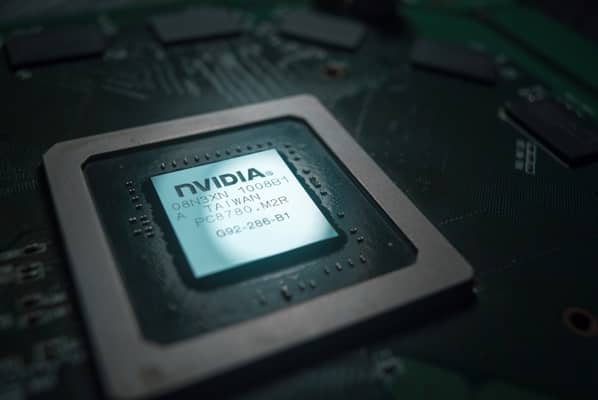In one of the most hotly anticipated earnings results in recent memory, Nvidia’s results exceeded analyst expectations. After what has been a tumultuous quarter for the tech giant, especially in the wake of the announcement of Chinese AI start-up DeepSeek which cost the company nearly $600 billion in market capitalisation, its Q4 earnings report had been labelled by some as a pivotal moment in the company’s history.
Nvidia reported a 78% revenue surge, which outperformed analyst expectations by 6%, led by record data centre revenue for the period.
Whilst there was some initial volatility, Nvidia’s share price rose by more than 2% in afterhours trading.
AvaTrade’s chief market analyst, Kate Leaman, offers the following thoughts on Nvidia’s earnings report and what it means, not just for the company itself, but for the wider tech industry:
“Nvidia has once again smashed expectations for its quarterly report – the tech giant saw a 78% revenue surge last quarter, bringing in $39 billion. Profits beat analyst projections, largely thanks to the massive demand for its new Blackwell AI chips, which contributed a huge $11 billion in sales.
Looking ahead, the company is forecasting $42 billion in revenue for the next quarter, keeping its growth momentum strong.
“But there is an issue – the powerful new Blackwell chips are more expensive to produce, and that’s putting pressure on Nvidia’s profit margins. While revenue is soaring, analysts are keeping a close eye on whether this margin squeeze could impact on the company’s long-term profitability.
“Beyond the numbers, investors are faced with two major concerns. First, DeepSeek’s AI models may reduce the demand for Nvidia’s high-performance chips by making AI more efficient. On the other hand, if these models drive greater adoption of AI technology overall, Nvidia’s sales could remain strong. The second issue revolves around Microsoft, which has reportedly been canceling some of its data centre contracts. This has raised concerns that Big Tech may be scaling back its AI spending. However, it’s also possible that Microsoft isn’t cutting back on AI at all but rather reallocating its budget to third-party providers like Oracle.
“Nvidia’s valuation remains sky-high, and for good reason. The company has consistently outperformed expectations, but to justify its current stock price, it needs to ensure an annual growth rate of at least 30% for the next decade. Any sign of slowing momentum – or a shift in AI investment trends – could lead to harsh market reactions.
“For now, CEO Jensen Huang is confident that the AI revolution is only just beginning. As long as demand for high-powered computing continues to climb, Nvidia should stay ahead. However, with questions about efficiency gains and shifting tech budgets looming, we will be watching closely to see if the company can keep up its record-breaking pace.”








